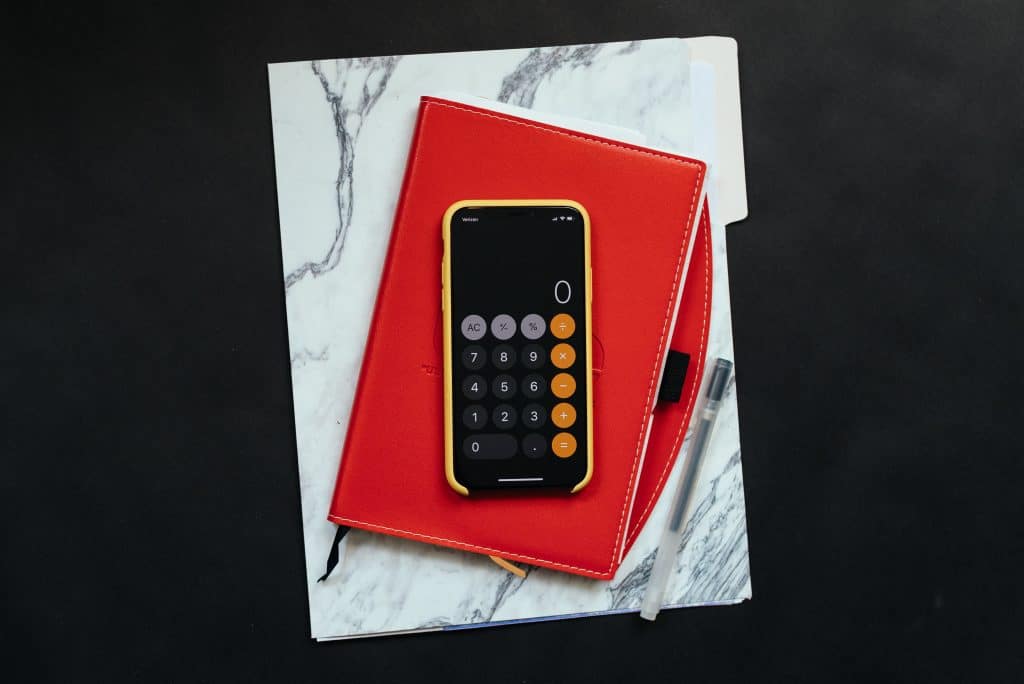OK, so most people understand you don’t own a car until you make the last payment. However, there are times when you either want or need to get a new car before the loan on the existing one is satisfied.
So, how can you sell a car before paying off?
Here’s what you need to do.
Determine the Payoff Amount
There is more to paying off a car than calculating the total amount of the outstanding payments you need to make. Potential prepayment fees and additional interest payments must be considered as well. While this is an unusual occurrence, it is possible nonetheless. Therefore, your first step should be to contact the lender and ask for the payoff amount through a certain date. While you have their attention, ask also if there is a specific procedure you need to follow to close out the loan.

Calculate the Car’s Current Value Pricing guides like those you’ll find at Kelley Blue Book’s KBB.com and the National Automobile Dealer’s Association NADA.com will give you a solid idea of the car’s value on the open market. You’ll find the retail value (what you could get selling it on your on as a private party) and the trade-in value (the wholesale price a dealer would pay).
Compare the Two Numbers
Subtracting the payoff amount from the current value will tell you whether you’ll be “in the black” or “in the red” if you sell the car. You’ll have equity and could actually make money on the transaction if the car is worth more than you owe.
However, you’ll have to make up the difference between the two amounts if you owe more than the car is worth. Depending upon the existence and width of such a gulf, you might want to wait until the loan is satisfied as scheduled before proceeding.
Doing the Deal with a Private Party
By law, you can only hold title to a car when it has no loan against it. The lender is the actual owner of the car until then. Thus, you must communicate with the lender to let them know the car is being sold and the loan is being paid off early.
This is a fairly common occurrence and experienced lenders will have a procedure in place to accommodate this. The catch is you won’t be able to give the buyer the title; they’ll have to wait for it to be transferred from the lender. The buyer will pay you for the car, you’ll use the proceeds to pay off the loan and title will be signed over to the buyer (or their lender if they’re taking out a loan to buy the car).
The best way to accomplish this is to go to the lender’s office to conduct the transaction. That way, they can pass the title to the buyer right on the spot. Otherwise, you’re going to need to find someone who is willing to wait for the title to be conveyed.
Yes, that’s a tall order, but it can be done.
Selling to a Dealer

Cars get traded in with outstanding loans against them all the time. However, the odds of you getting any equity out of the car are diminished significantly because sellers only pay wholesale prices on trade-ins.
It’s customary for the difference between the sale price and the loan balance to be rolled into the price of the new car if you’re selling as a trade-in. This can be problematic for a number of reasons; chief among them is you’ll be likely to then owe more than your new car is worth, which should always be avoided. Running the numbers through an auto loan calculator will help you determine where you’ll be in such a deal.
Bottom line though, yes you can sell a car before paying it off — sort of. You just have to use the money to pay the car off right away. Sometimes you’ll get to keep some of it, other times you might have to pay to make up the difference — but it can be done.













Leave a Reply